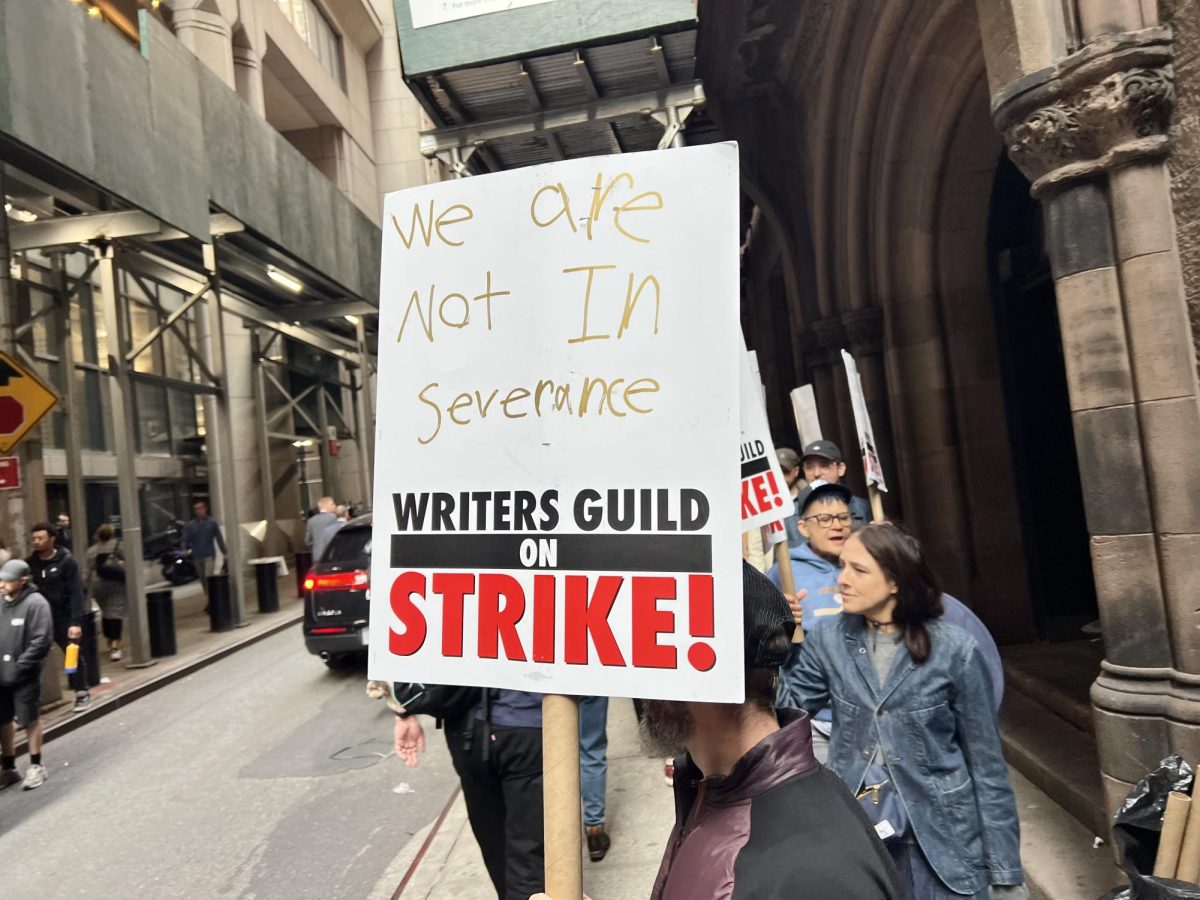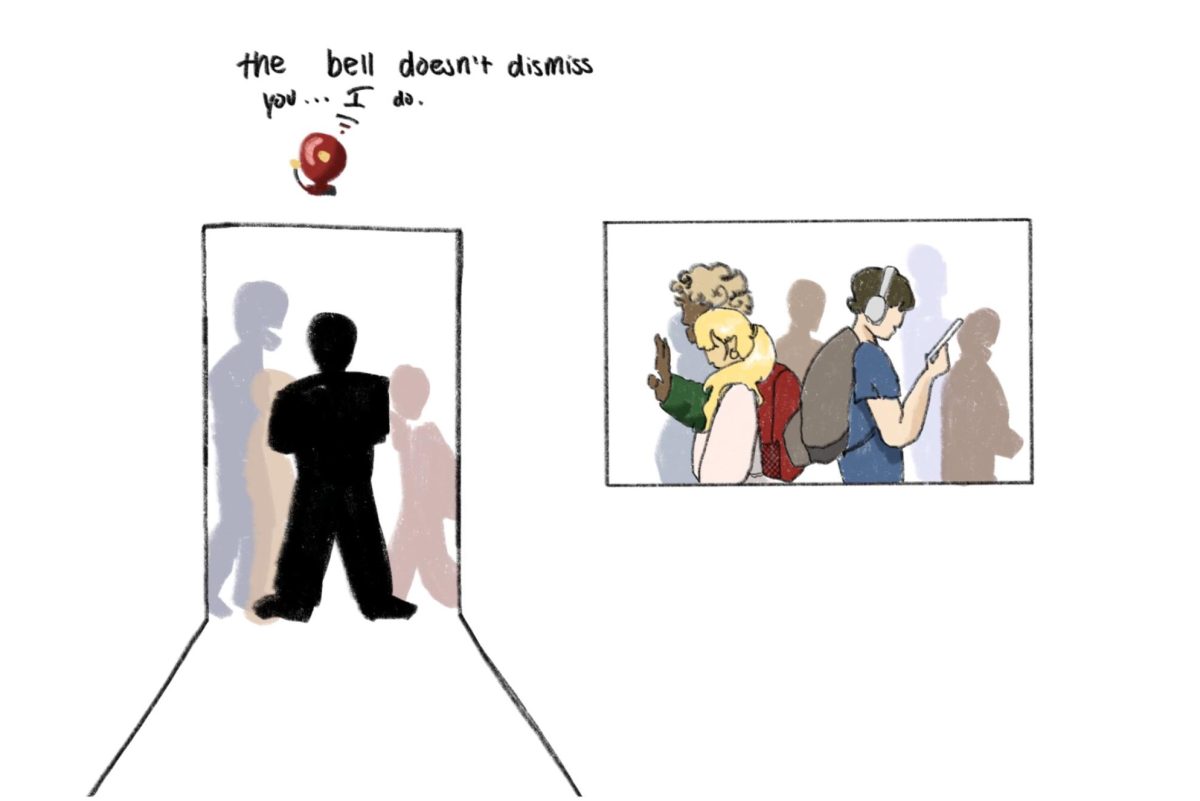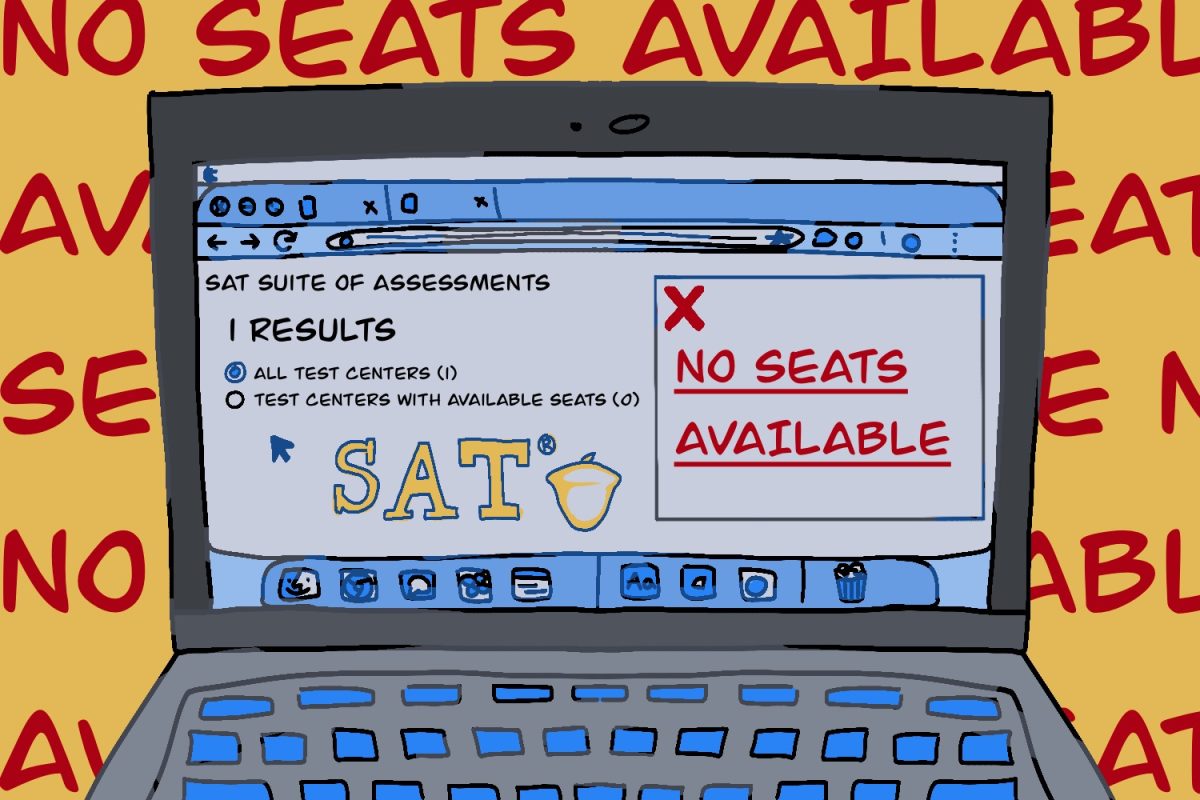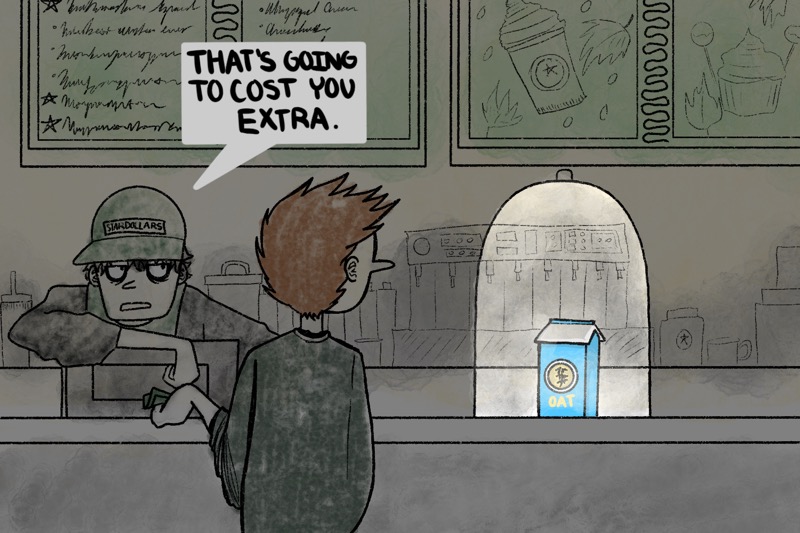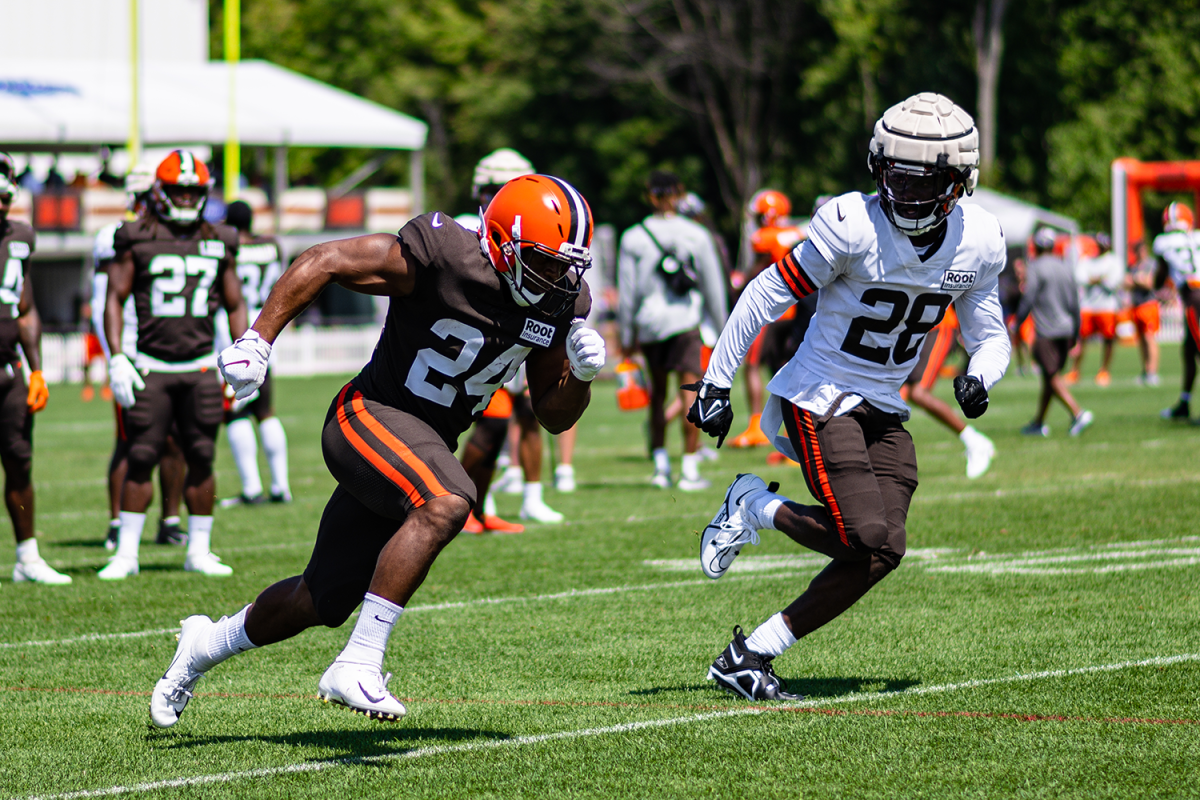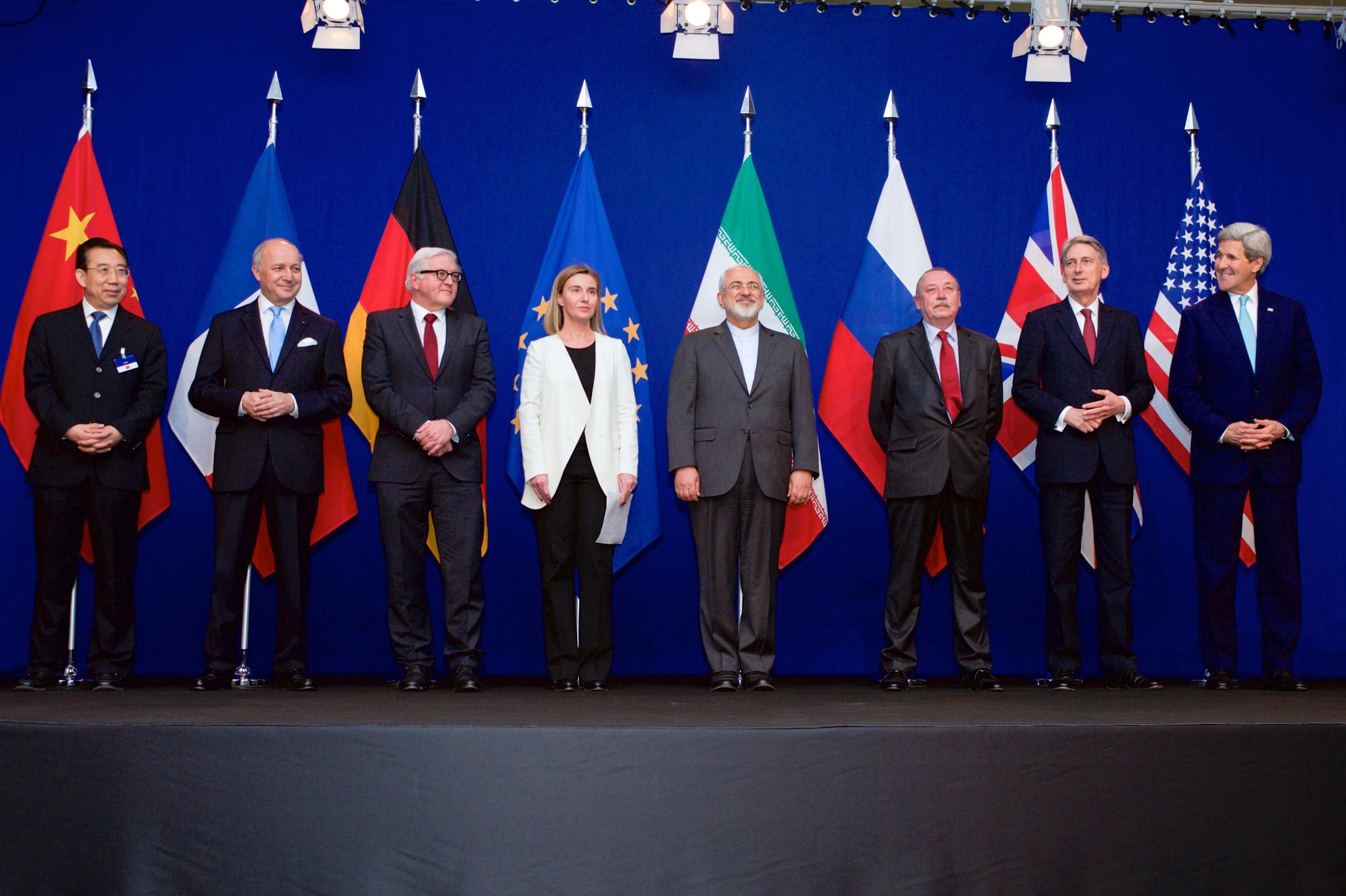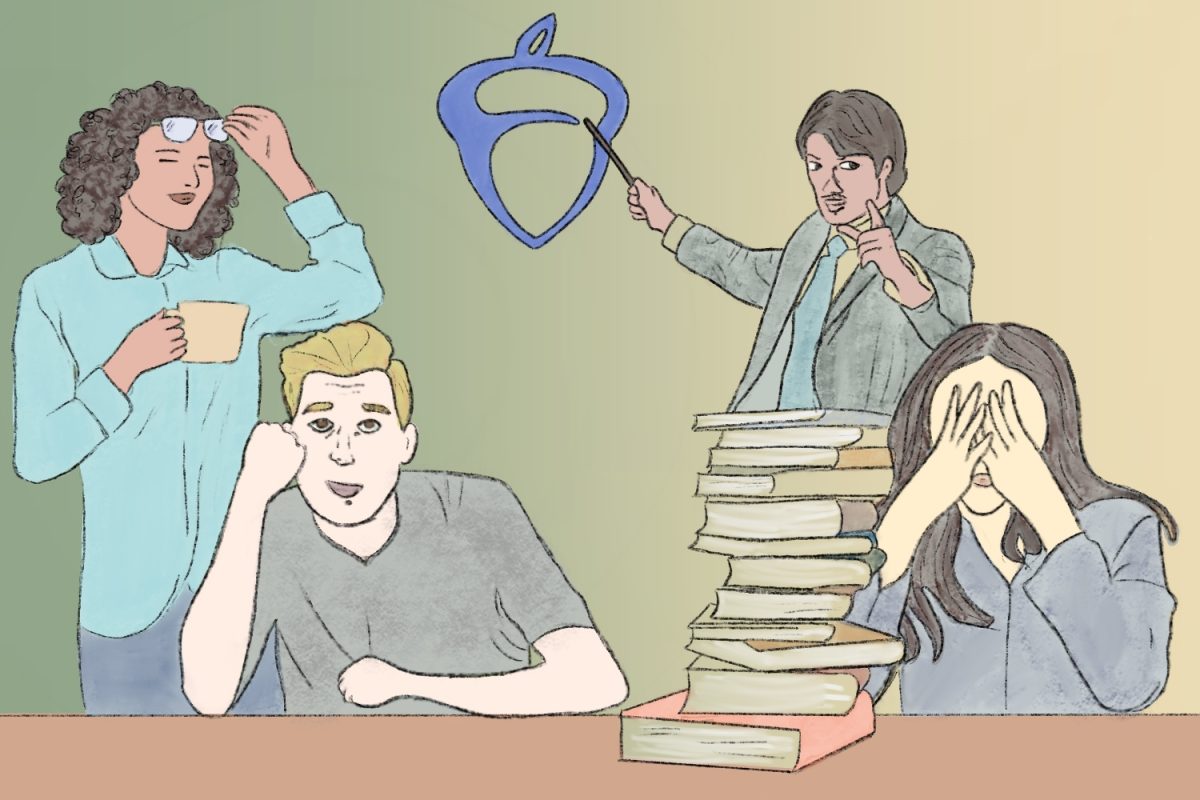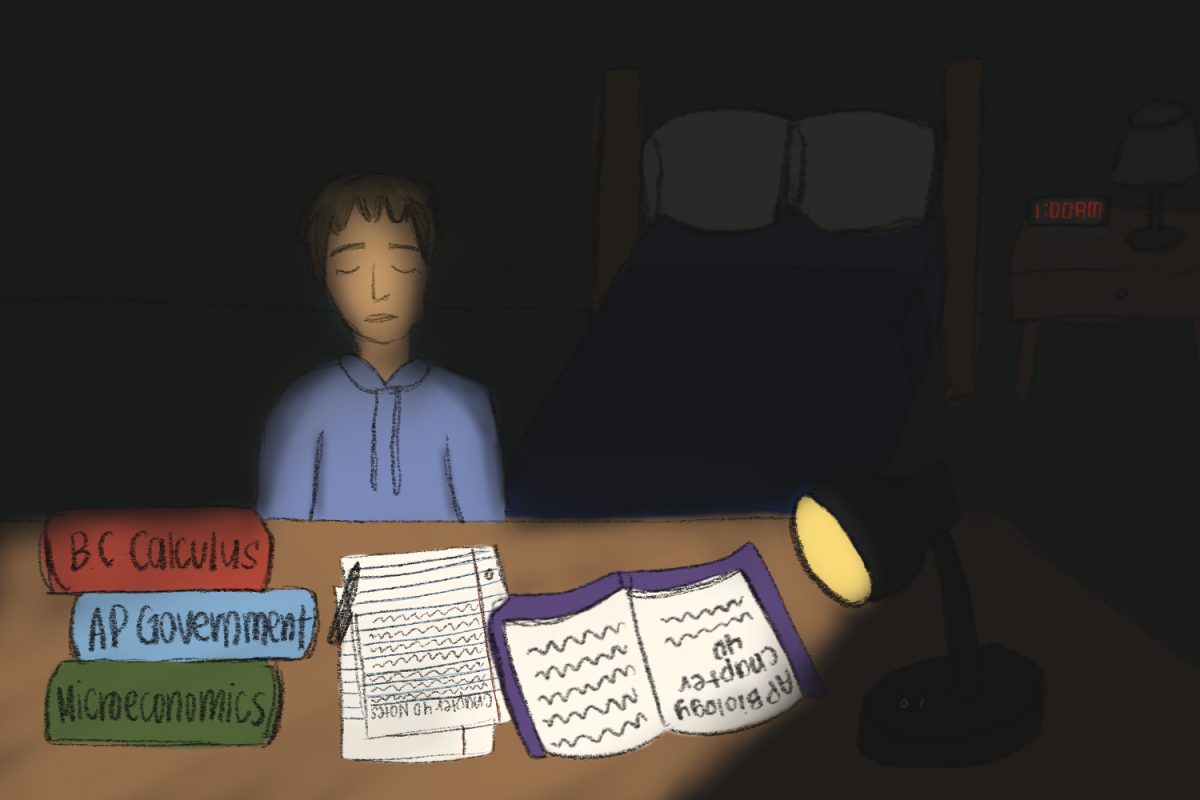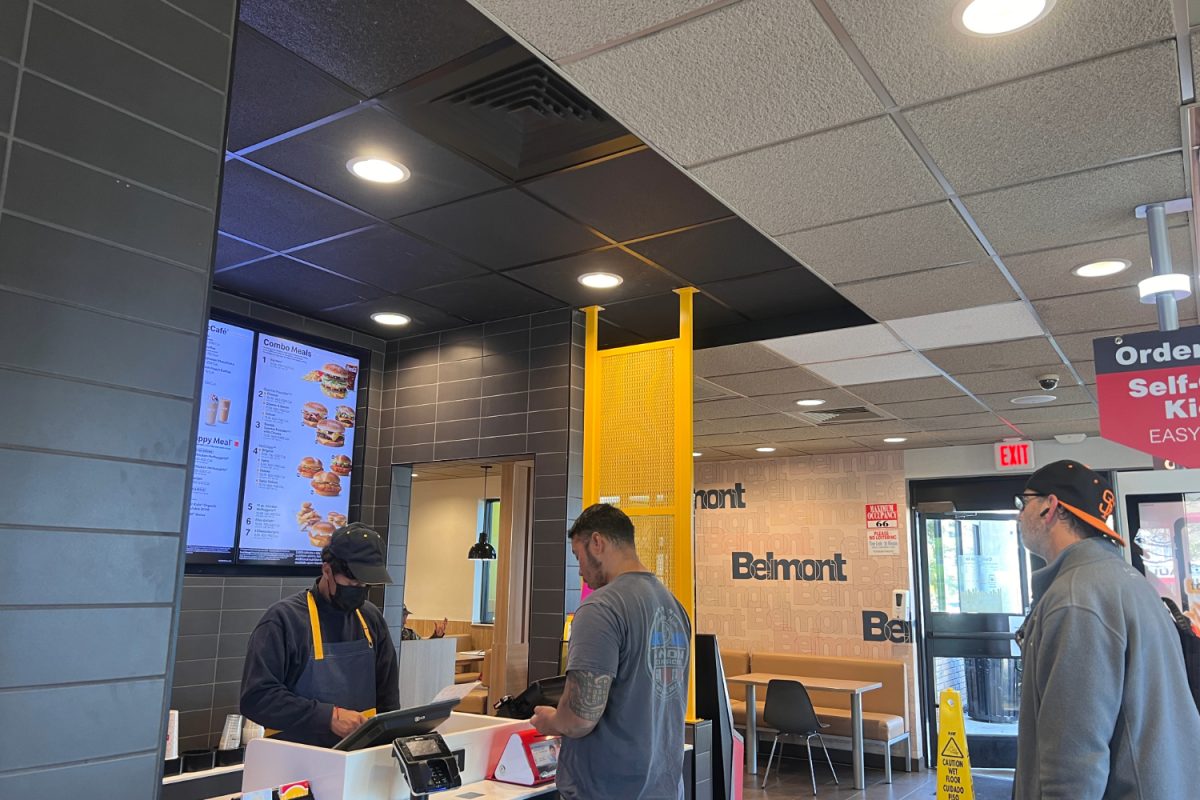When prompted to generate a movie script, ChatGPT produced the following:
“Title: ‘Marshmallow Mayhem’
INT. KITCHEN – NIGHT
SUSAN screams as marshmallows grow and giggle menacingly.
EXT. NEIGHBORHOOD – NIGHT
Giant marshmallows cause chaos.
INT. LIVING ROOM – NIGHT
Susan squirts them with chocolate syrup, saving the day.
THE END.”
Now, imagine if Artificial Intelligence (AI) wrote all movie scripts. They would all be cliche scripts that have been done before because AI can only output information that has previously existed. Movies would become boring, and media would cease to be a money-reaping industry.
Writers want to establish legal control over the use of AI in scripts to ensure studios won’t replace them. This is one of the basic requests of the Writers Guild of America (WGA) strike. The WGA requests that only real people, not AI, be considered “writers,” as they want credit for their creative property.
This request benefits writers who want to keep their jobs and people who enjoy watching movies and television. People want entertainment, not cliche stories Chat GPT spits out. The industry needs creativity from real people to deliver unique films; thus, companies can continue making money since people are willing to watch interesting movies.
Another premise of the strike was regarding compensation and how the payment for writers has gone downhill after the popularization of streaming. According to a report released in March, the median weekly writer-producer pay has decreased by 26% over the past decade.
More writers than ever are working under a contract providing the most basic compensation, with half receiving the Minimum Basic Agreement (MBA). In addition, many companies, such as ones that produce comedy-variety shows, have refused to provide protections for the MBA– a minimum amount for weekly scripts writers work on.
These contract disagreements are the main reason why the strike began. Writers are demanding protections: a minimum compensation for the media they produce, from the scripts they write to the time they put in from pre-to post-production of a TV series. In response to the decline in their pay rates, they demand an increase in the minimum by 11% for the first year and 4% for the years after. Studios argue that right now is not the time to change the pay rates of writers as streaming services have been losing money this past year.
These are simple requests; writers are essential to producing all forms of media. In return, they are demanding basic compensation. Without them, there would be nothing on streaming sites, no movies in the theaters, and no late-night comedy shows to stay up and laugh at.
Studios can’t function without writers. The least they can do is pay the writers for their essential work. It may be true that profits on streaming services have been declining, and they don’t want to change the pay rates of writers. However, there would be no profits at all if writers weren’t doing their jobs, and there would be a more significant hit to studios if the strike continued and no one made content.
Writers are essential to the entertainment industry and deserve fair compensation, humane treatment, and recognition of their work from studios. Paying them less will not cure the ills of the economy impacting studios. Creating scripts from AI will not save money for production. Instead, it will only exacerbate these issues, and studios will have even less money flowing in as no one will pay to watch awful, AI-generated movies.
*This editorial reflects the views of the Scot Scoop Editorial Board and was written by Annabel Chia.
The Editorial Board voted 12 in agreement, and 5 refrained from voting.

